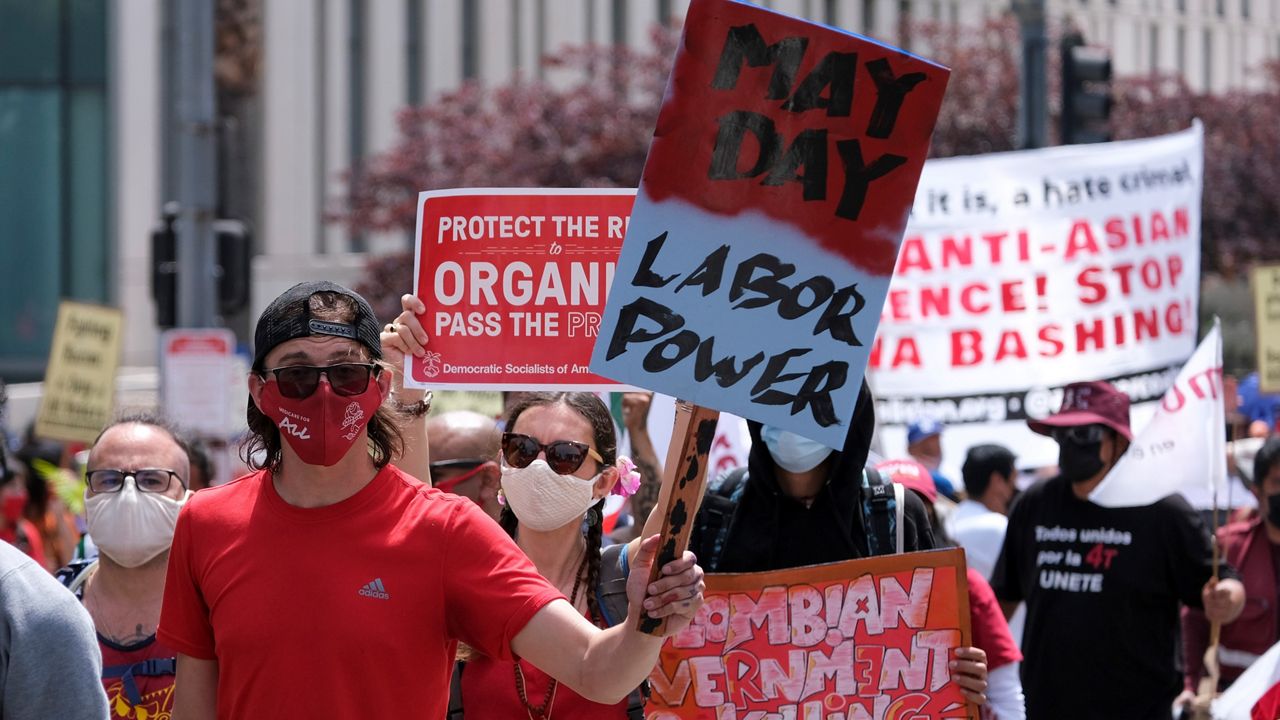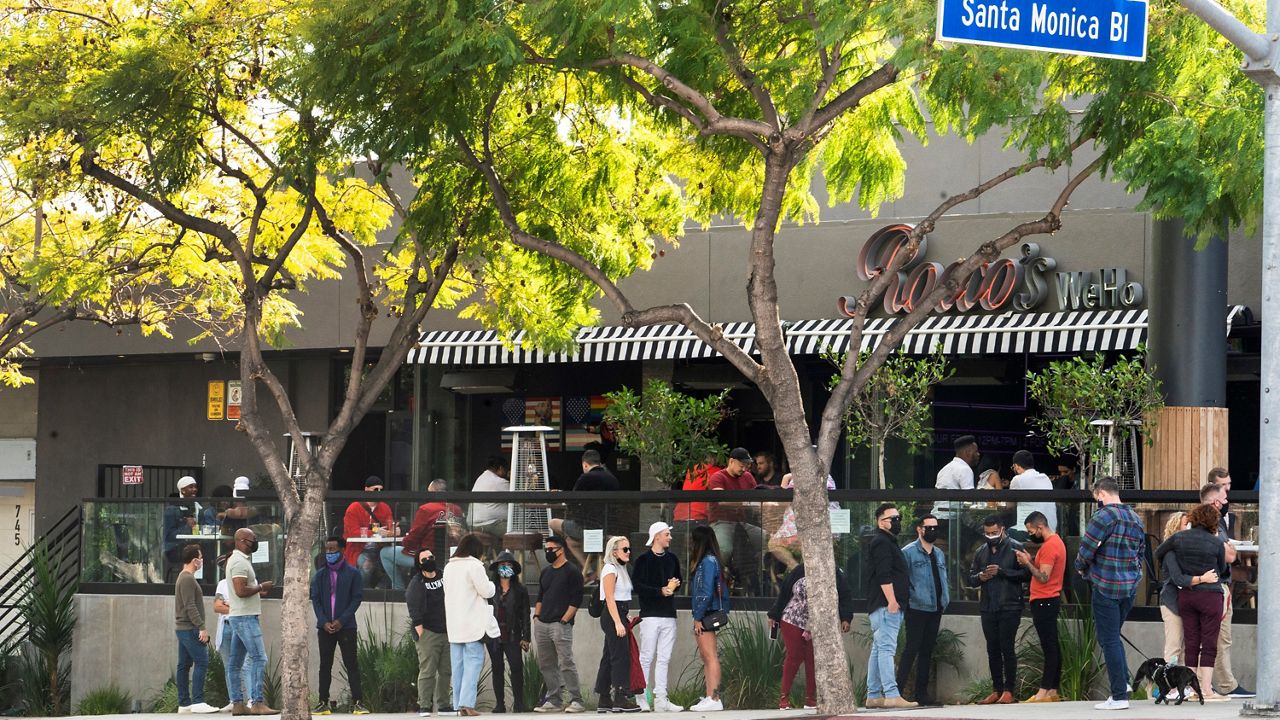LOS ANGELES — On a recent day, Bertha Gomez waited inside her candy stand on Olvera Street, looking outside to the scattering of a handful of people strolling the pavement.
The candy stand, Rudy’s Mexican Candy, has been in Gomez’s family since 1952, when her father-in-law bought it and turned it into a successful business.
What You Need To Know
- Olvera Street merchants were forgiven all rent from July 2020 to December 2020
- Councilmember Kevin de León pushed for, and won, a six-month extension on rent forgiveness
- Since June, merchants have been paying roughly 40% of their rent
- As of now, merchants will be expected to pay 100% rent beginning in January
For Gomez and her entire family, the candy stand is a cherished piece of family history. But since reopening the economy in June, Gomez and the other vendors say foot traffic actually sharply decreased. Gomez explained that the stand will sometimes make as little as $87 per day.
"Before, it was just a lot more vibrant," she said. "During the week we had school field trips. Now we don’t have any of that."
Gomez added that the only reason they have survived this far is with the city’s help. Recognizing the cultural importance of Olvera Street, Councilmember Kevin de León enacted rent forgiveness for nearly all of 2020. In June, rent forgiveness ended, but the merchants still weren't expected to pay 100% of their rent. Instead, it’s on a gradual scale.
Right now, Gomez and all the other vendors are paying roughly 40% of their rents. But come January, they’ll all be expected to pay 100%, unless the city steps in again and works out a longer tiered system.
"We’re just hoping and praying that the economy picks back up and people come back, and we’re able to afford it," said Gomez.
Gomez’s neighbor, Eduard Flores, echoes her concerns.
“I’m very fortunate to have been born into a family of merchants on Olvera street that have been here since the 1930s," he said.
Flores runs a restaurant on Olvera Street called Juanitas and says that losing these generational vendors on Olvera Street would be more than a business loss — it’s a big multi-cultural loss, too.
“It’s the center of the Hispanic culture here in downtown Los Angeles,” he said. “It represents a lot of the old history of LA. Chinatown used to sit here, so we have a Chinese-American presence. We also have an Italian-American museum because those three cultures, mixed with others as well, actually founded LA.”
When Flores contemplates the inevitable return to full rent, his brow furrows in concern.
"I’m so worried because business is so unstable," he said. "One day it’s good, one day it’s bad."
Just down the street from Juanitas, Valerie Garcia Hanley says she knows that city aid, helpful as it’s been, can’t last forever. The gift shop Casa California has been in her family since 1930, and she also says she wouldn't be able to afford to pay her full rent unless business returns to its full capacity.
"But really right now, we have no international visitorship, and that’s about half of our income," she said. "So that’s really hard. We’re still working below 50% of what we normally make."
Garcia Hanley says that if she were expected to pay her full rent while still only making below 50% of her average, she’d have to close her shop within a month — and lose almost 91 years of history with it.
All the vendors Spectrum News 1 spoke with said the thing they hope for the most is the return of the huge crowds that used to frequent Olvera Street, especially on holidays and special occasions. Without them, Bertha Gomez says they might lose the candy stand.
"Oh that’s really hard to contemplate," she said. "The reality is, without business going up, we might cease to exist."
But until the day comes, Gomez, Flores, Garcia Hanley and all the other Olvera Street merchants show up to their stores ready to serve the customers they hope will come.









